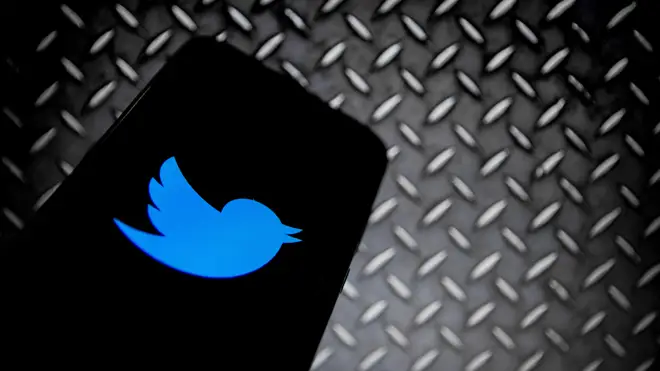
Ben Kentish 7am - 10am
17 December 2020, 11:21 | Updated: 17 December 2020, 11:23

Twitter has announced new policies to clamp down on fake news surrounding Covid-19, but critics have said the measures could end up helping the spread of conspiracy theories.
The company already have a policy in which they remove tweets that include false or misleading information on Covid.
But as of next week, the policy is being expanded to include information on vaccines.
People will need to remove Tweets which advance harmful false or misleading narratives about COVID-19 vaccinations, including:
- False claims that suggest immunisations and vaccines are used to intentionally cause harm to or control populations, including statements about vaccines that invoke a deliberate conspiracy
- False claims which have been widely debunked about the adverse impacts or effects of receiving vaccinations
- False claims that COVID-19 is not real or not serious, and therefore that vaccinations are unnecessary.
READ MORE: Christmas Covid rules 'to remain the same', minister tells LBC
READ MORE: 'This can't be a normal Christmas', UK governments say in joint statement

Priti Patel says police should deal with 'egregious" rule breaches
Starting in 2021, tweets may be labelled with a warning "that advance unsubstantiated rumours, disputed claims, as well as incomplete or out-of-context information about vaccines".
Twitter said in a statement: "Using a combination of technology and human review, we will begin enforcing this updated policy on December 21, and expanding our actions during the following weeks.
"We will enforce this policy in close consultation with local, national and global public health authorities around the world, and will strive to be iterative and transparent in our approach.
"We remained focused on helping people find credible health information, verifying public health experts, and updating our policies in an iterative and transparent approach."
The news has been met with mixed reaction on Twitter.
Many people have praised the decision and claim Twitter should have introduced stricter measures sooner.
However, there are also critics who believe it is a form of censorship.
Director of the UCL Genetics Institute, and a Professor of Computational Biology at University College London, Professor Francois Balloux, said: "Censorship breeds conspiracies. This might just convince those with dissenting views on vaccines that they're being silenced and reinforce their views.
"I believe the answer is engagement with, not censorship of ideas we believe are wrong."
Social media giants, including Twitter and Facebook, have both committed to stopping the spread of disinformation.
Conspiracy theories are prevalent on both platforms, including a claim that vaccines are a means to implant microchips into the population.
However, Facebook was accused of censorship after Professor Carl Heneghan from the Centre for Evidence-Based Medicine posted a Spectator article which was labelled as false information.
The article was about a Danish study which found that face masks had no significant effect
Prof Heneghan said: "I’m aware of this happening to others – what has happened to academic freedom and freedom of speech? There is nothing in this article that is false."
A Facebook spokesman said: ‘Publishers are of course able to appeal the ratings and judgments of the fact-checkers.’